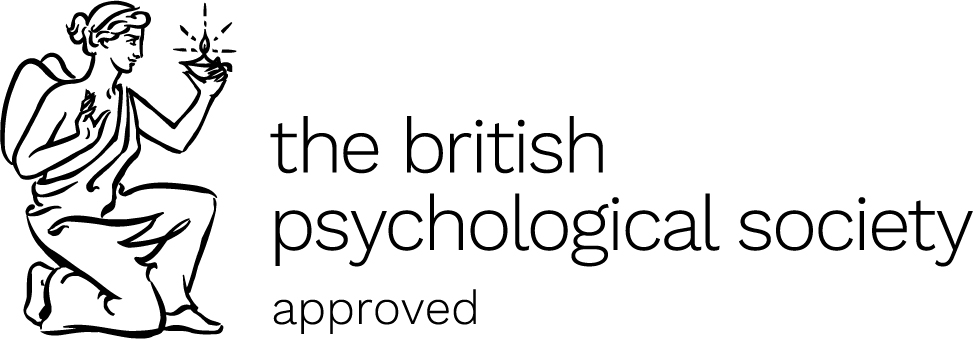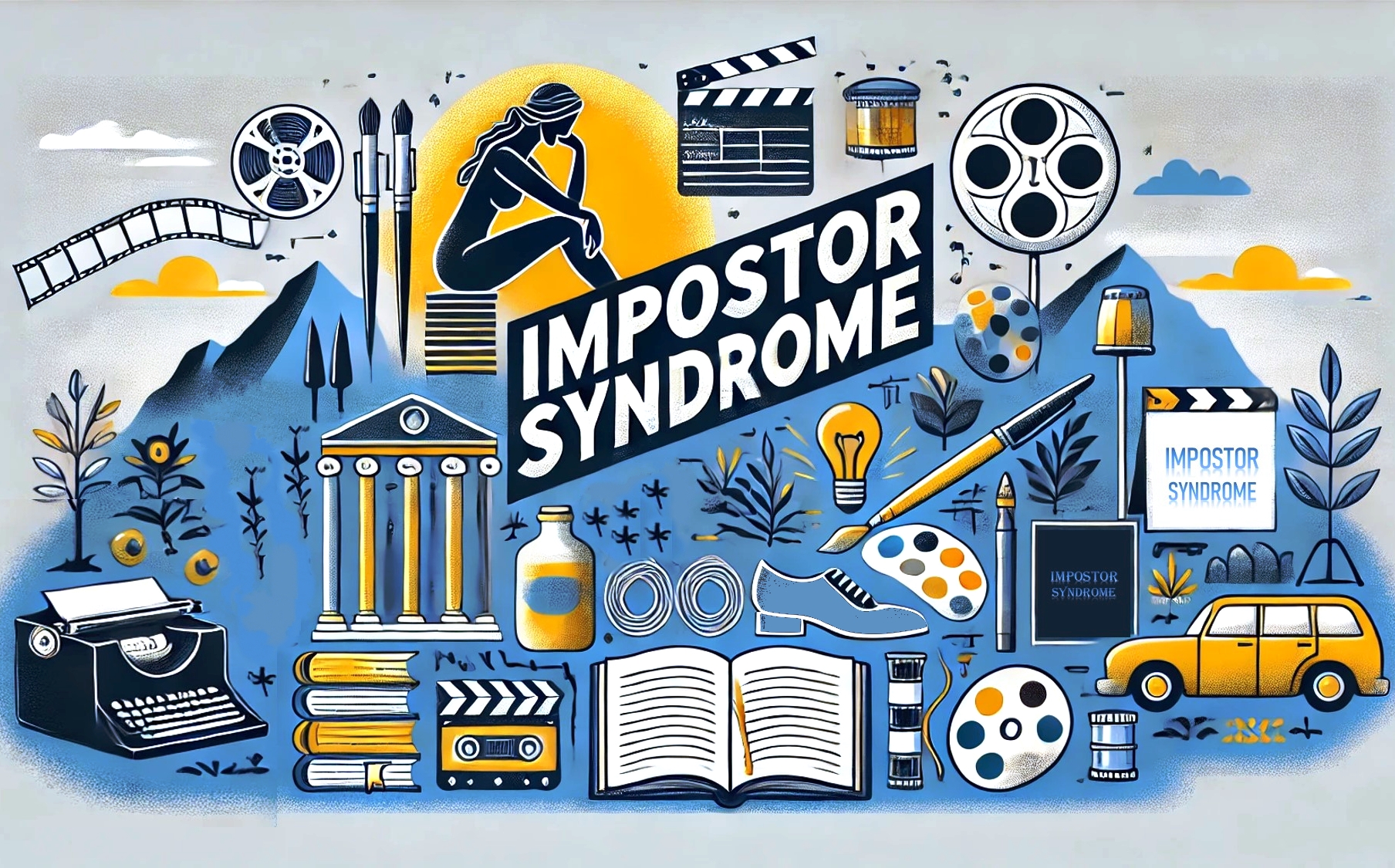
Course Brief
This 14-hours Certificate course, approved by the British Psychological Society, guides delegates through the How to Overcome Impostor Syndrome treatment programme, designed by Consultant Clinical Psychologist Paul Grantham. The programme integrates second and third wave Cognitive Behavioural Therapy (CBT) concepts and strategies to explore the origins and maintenance of Impostor Syndrome, providing participants with a step-by-step treatment plan to address it.
LIVE on Zoom – attendance required. The course will be as a recording afterwards but ONLY to those who attended the course LIVE on Zoom.
This 14-hours Certificate course, approved by the British Psychological Society, guides delegates through the How to Overcome Impostor Syndrome treatment programme, designed by Consultant Clinical Psychologist Paul Grantham.
The Certificate includes:
- Working with Impostor Syndrome 2-hr recording - Free with your booking
- How to Overcome Impostor Syndrome™ 12-hr live on Zoom programme
Suitable for your personal use as well as for using with your clients.
The programme integrates second and third wave Cognitive Behavioural Therapy (CBT) concepts and strategies to explore the origins and maintenance of Impostor Syndrome, providing participants with a step-by-step treatment plan to address it.
Impostor Syndrome (IS), first identified by Pauline Clance and Suzanne Imes, is now recognised as a prevalent experience, affecting a significant portion of the adult population. Studies indicate that prevalence rates vary widely, ranging from 79% to 82%, depending on the assessment methods and criteria used. It is particularly common among high-achieving individuals and professionals in fields such as therapy, counselling, academia, and other liberal professions.
How to Overcome Impostor Syndrome™ has been developed by Paul Grantham over the course of extensive therapeutic work with IS clients and has demonstrated itself to be an effective treatment for this problem.
Issues covered include:
- How to spot Impostor Syndrome
- The “nature of the beast”: understand how IS develops and keeps going
- Learn to conceptualise and produce individual IS formulations with clients
- The role of Safety Behaviours in IS and how to help clients eliminate them
- Cognitive focuses within IS
- “Softening up” cognitive strategies (the use of cognitive defusion techniques and cognitive restructuring)
- The use of Behavioural Experiments, Continuums and Pie Charts with IS
- “Keeping a good thing going”: how to maintain change after therapy has finished
Upon completing this four-part course, participants will be equipped to:
- Identify Impostor Syndrome: Recognise the signs and manifestations of Impostor Syndrome in themselves and others.
- Understand Its Development and Persistence: Gain insight into how Impostor Syndrome originates and the factors that sustain it.
- Develop Personalised Client Formulations: Create tailored conceptualisations for clients experiencing Impostor Syndrome.
- Address Safety Behaviours: Identify and assist clients in eliminating safety behaviours that reinforce Impostor Syndrome.
- Apply Cognitive Interventions: Utilise cognitive defusion techniques and cognitive restructuring to challenge and modify unhelpful thoughts associated with Impostor Syndrome.
- Implement Behavioural Strategies: Employ behavioural experiments, continuums, and pie charts to facilitate experiential learning and cognitive shifts.
- Maintain Therapeutic Gains: Develop strategies to ensure sustained progress and prevent relapse after the conclusion of therapy.
These competencies will enable participants to effectively support clients in overcoming Impostor Syndrome and fostering lasting self-confidence.
The Certificate includes 14 CPD Hours:
- Working with Impostor Syndrome 2-hr recording
- How to Overcome Impostor Syndrome™ 12-hr live on Zoom programme
Suitable for your personal use as well as for using with your clients.
Certificate Outline:
1. 2-hr recording will be available to you for free as soon as you book the course. It needs to be watched before the beginning of the live programme. | Once you watched the recording the course cannot be cancelled.
2. Live programme:
- Delivered live on Zoom
- 4 parts: once a week 3-hour morning sessions over 4 weeks
- 12 September 2025
- 19 September 2025
- 26 September 2025
- 3 October 2025
- 9.00 AM - 12.00 noon UK time on each day
- Experiential course - attendance required
- 12 CPD Hours
- Recording provided as a reference - it doesn't replace attendance
- SDS Accreditation Level 2
You are required to complete the 2-hour recorded training session Integrated CBT for working with Impostor Syndrome. It comes free with your booking.
Accreditations:
- SDS Accreditation Level 2 in working with Impostor Syndrome
- This course can be used as an accreditation refresher for BPS Approved Master Practitioner Diploma in CBT
- This course can be used as an accreditation refresher for BPS Approved Certificate in Non-Diagnostic Psychological Problems


